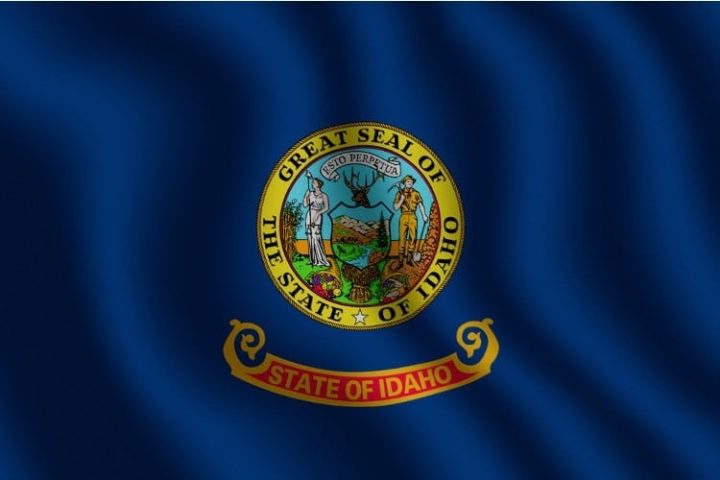
A recent poll of over 1,100 likely General Election voters in Idaho shows that the state is in favor of allowing counties from Oregon who tend to vote more conservative to join the Gem State. The poll was conducted by the nationally recognized Trafalgar Group from October 23-27.
50.6 percent of voters polled were either likely or possibly in favor of adding the disenchanted rural Oregon counties to Idaho, while 35.3 percent said they were either definitely or probably against the move. 14.2 percent were undecided on the issue.
Seven Oregon counties have already expressed an interest to join Idaho, a state they consider closer to their values politically. Voters in Harney County, a sparsely populated county in the southwest portion of Oregon, will consider the question in today’s election.
When asked about the reasons to allow Oregonians to join Idaho, a plurality of voters said compassion and “protecting Oregon counties from Portland politicians” was the main reason.
In a press release, the group greateridaho.org said:
Surprisingly, compassion was a strong motivating factor in the poll results. When asked what benefits seemed most important, 47% chose “Idaho would be protecting Oregon counties from Portland politicians,” 35% chose “adding prosperous counties to Idaho would help Idaho’s budget, which means Idaho tax rates could be reduced,” and 19% chose “Oregon laws and drug sales would be pushed farther away from where I live.” In a similar question, 33% chose “it would give Idaho room to grow, so it would take some pressure off of Idaho’s housing market and traffic problems.”
Republican primary voters strongly approved allowing Oregon counties to join Idaho with 72.9 percent answering “yes” or “definitely yes” to the measure. Only 19.3 percent of GOP voters answered “no” or “definitely no,” with 7.8 percent undecided.
“Republican primary elections are important in Idaho, where 80% of the state legislators are Republican,” the Greater Idaho organization noted.
Greater Idaho also noted that the counties currently considering a move would not present a fiscal strain on Idaho’s current per-capita income, and might even present a financial boon.
“Under Idaho’s low taxes and low regulation, those counties’ economy will surge so that they become a big benefit to Idaho’s budget. Idaho can approve projects at the deep-water port at Coos Bay and tax those projects,” the group said.
Oregonians are closely divided on whether to allow some of their rural counties to leave the state. A June poll conducted by the Oregon Values and Beliefs Center showed a slim plurality opposing allowing the counties to move to Idaho (42 percent against; 38 percent for; with 20 percent “unsure”).
The people of the population centers of Oregon do seem to sympathize with the plight of the rural counties, however, with one Multnomah County resident writing, “The few people who don’t agree with the liberal majority don’t speak up because they’ll get shouted down by the liberal majority, and we think we’re such nice people. We need to move toward a culture where we value all the voices and respect people as people regardless of their opinions. The divides in this country could be part of what brings it down someday and that would be tragic.”
The Greater Idaho movement also has its sights on Northern California and Washington State counties that are dissatisfied with the left-wing slant of those state governments.
The Greater Idaho movement is another part of a national trend in which isolated rural areas in certain states are looking to have more of a voice in their state’s politics. A similar movement in Maryland is ongoing, with the three westernmost counties in the state — Garrett, Allegany, and Washington Counties — looking to move to more conservative-friendly West Virginia.
In addition, New Hampshire is considering a referendum that would change the state’s constitution to allow it to secede from the United States to allow it to escape unwarranted federal edicts. And Texas always has one secession movement or another at least studying the possibility of leaving the United States.
All of these movements show that, increasingly, Americans feel detached from their government as it becomes less about the Constitution and more about popularity contests. People have become distrustful of governments that speak at them rather than for them, and officials who covet their own perceived authority over individuals’ liberty.




